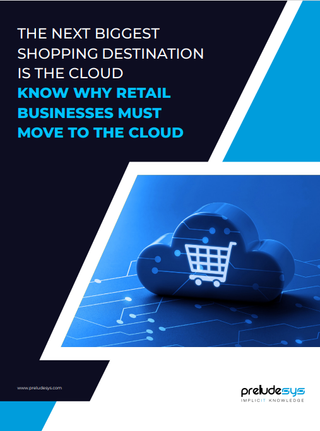Microsoft Store opens to third-party storefronts
The newly-redesigned app store will launch alongside Windows 11 on 5 October

Microsoft is now welcoming third-party app stores, including the Amazon Appstore and Epic Games Store, to integrate into its Microsoft Store.
This means that Windows users will be able to find storefront apps and use them to download apps and games from the third-party provider.
An exemption will be the Amazon Appstore, as its integration will allow customers to search its library directly from within the Windows store. Last month, Microsoft also announced that Android apps will also be brought into Windows 11 as part of the tech giant’s deal with Amazon and Intel.
The news comes just days before the newly-redesigned Microsoft Store will launch to the public on 5 October – the same day as the long-anticipated Windows 11 operating system.
In an official statement on the tech giant’s Developer Blog, Microsoft Store general manager Giorgio Sardo detailed how customers will be able to find the third-party app they’re looking for.
“Just like any other app, third-party storefront apps will have a product detail page — which can be found via search or by browsing — so that users can easily find and install it with the same confidence as any other app in the Microsoft Store on Windows,” he said.

The next biggest shopping destination is the cloud
Know why retail businesses must move to the cloud
“Today, we are sharing that Amazon and Epic Games will bring their storefront apps to the Microsoft Store over the next few months, and we look forward to welcoming other stores as well in the future.”
Get the ITPro. daily newsletter
Receive our latest news, industry updates, featured resources and more. Sign up today to receive our FREE report on AI cyber crime & security - newly updated for 2024.
This could include popular video games provider Steam, based on comments made by head of Windows and devices Panos Panay to The Verge back in June.
However, video games developers should bear in mind that they will be subject to a 12% ‘app tax’ when selling their creations through the Microsoft Store. Games are the only product that is exempt from Microsoft’s new policy which allows developers to retain 100% of their revenue share.
'App taxes’ continued to be at the forefront of several major lawsuits in the last year. In July, it was reported that Google was facing legal challenges in the UK over its allegedly monopolistic Play Store practices, less than three months after Apple was hit with a similar claim.
Having only graduated from City University in 2019, Sabina has already demonstrated her abilities as a keen writer and effective journalist. Currently a content writer for Drapers, Sabina spent a number of years writing for ITPro, specialising in networking and telecommunications, as well as charting the efforts of technology companies to improve their inclusion and diversity strategies, a topic close to her heart.
Sabina has also held a number of editorial roles at Harper's Bazaar, Cube Collective, and HighClouds.





